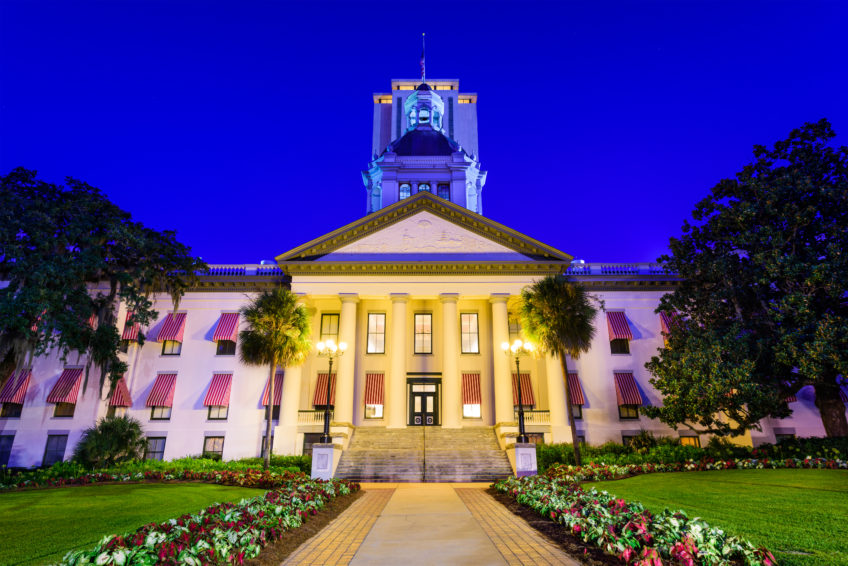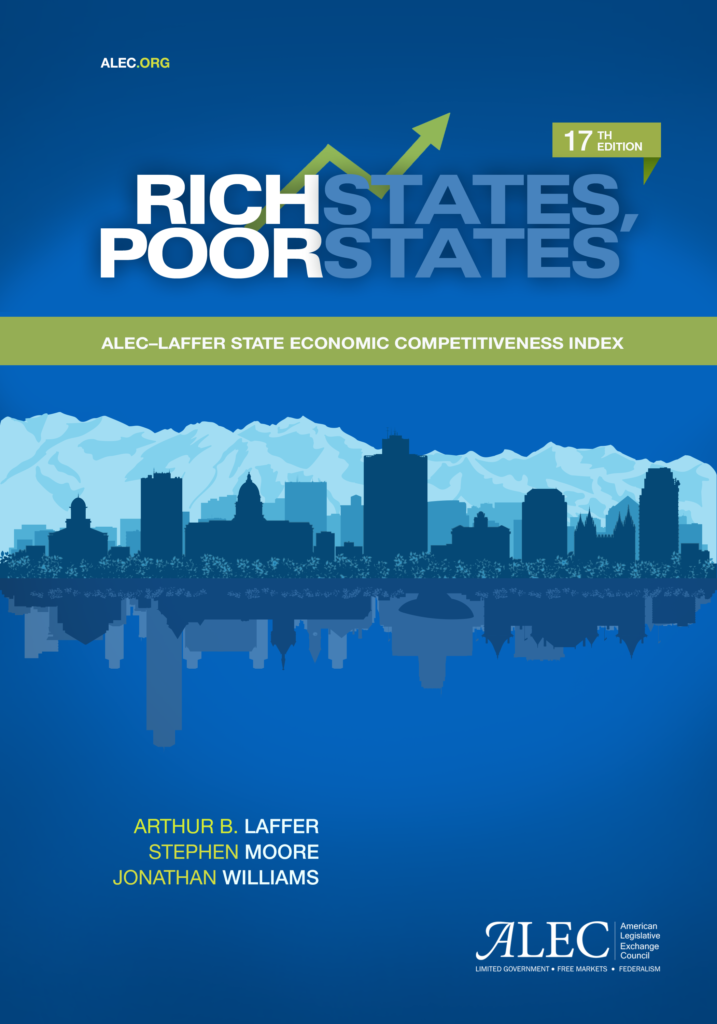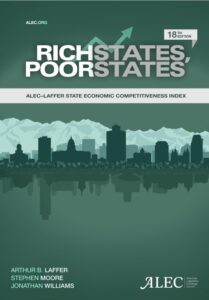
Ceaseless efforts crafting pro-growth tax and fiscal policies have created a prosperous and competitive economic environment in the Sunshine State. Even brighter times lie ahead should lawmakers let economic resources freely flow to where they will be most valuable, and resist the urge to try to direct the market a certain way. In his 2017 State of the State Address, Governor Rick Scott’s message of hope and opportunity exhibited his dedication to maintaining economic vibrancy. Governor Scott took pride in a jobs creation rate more than twice the national average, evidenced by the 1.25 million increase in private sector jobs since he took office, more than 237,000 of which were added over the last year. He congratulated lawmakers on the remarkable feat over the last six years of cutting taxes 55 times and allowing families to keep $6.5 billion in hard-earned dollars; but he implored, “We must do more!” Governor Scott asked lawmakers to provide another $618 million in tax relief this year, to “cut costs for small businesses, students, veterans, teachers and families.”
The “Fighting for Florida’s Future” tax cut package currently quarterbacked by Governor Scott aims to “encourage businesses of all sizes to create jobs and build opportunities for generations of Floridians.” Elimination of the sole surviving state commercial lease tax in the nation is a core component of this package. This tax is particularly detrimental to small businesses and potential entrepreneurs. The governor also seeks to solidify all of the recent tax policy changes while also enacting legislative hurdles to future tax increases.
For much of the time, however, the governor aggressively countered critics who claim his “Enterprise Florida” (EFI) and “Visit Florida” economic development programs reek of cronyism. “It’s easy to throw out catch phrases like ‘picking winners and losers’ and ‘corporate welfare’… but that’s not what we are doing. We are competing with 49 other states and hundreds of countries for jobs. When we bring new jobs to Florida, there are only winners,” the governor countered. Recounting his own rags-to-riches story, along with the entrepreneurial successes of other Floridians, Governor Scott vigorously defended state efforts to recruit businesses and promote tourism.
Unfortunately, legislators will be tempted to squander much of the nearly $2.8 billion surplus on incentivizing specific businesses to relocate to Florida rather than returning the dollars to taxpayers equipped to create jobs on their own. These massive tax incentives come at a high cost. By giving special deals to a select few, tax rates remain higher for everyone else than they would be. Guaranteeing big success to a few favored entities stunts prosperity and broad economic growth for all. Instead of a perpetuation of cronyism, a focus should be placed on attaining a tax burden with as low of a rate and broad of a base as possible.
Arguing it would be shortsighted to eliminate Enterprise Florida and Visit Florida, the governor noted EFI “has been responsible for over 900 projects” and claimed Visit Florida helped draw a record 113 million visitors to the state last year. But the fact remains, there is a high opportunity cost to programs like Enterprise Florida and Visit Florida. Every dollar diverted to these favored businesses is a dollar now unavailable for investment elsewhere by those who created that wealth in the first place.
Governor Scott and EFI claim they want to help small businesses and diversify the economy, but almost half of all incentive projects from 2000 to 2010 were for the manufacturing industry. Ironically, despite generous support of taxpayers, the percentage of Florida’s GDP comprised of manufacturing has actually fallen. In fact, 85 percent of Florida businesses employee fewer than 10 people, and as such do not qualify for the lavish handouts EFI dishes out. Yet those very same business pay taxes which then get funneled to their larger competitors. Why not allow these demonstrably successful jobs creators to create more jobs with their own hard-earned capital?
These tax carve-outs and subsidies are polar opposite of the broad-based, pro-growth tax policies responsible for Florida’s elevated levels of prosperity. The concerns of many Florida legislators over this cronyism are justified. With Florida on track to be the next trillion-dollar economy by the end of this year, the hard work of lawmakers and Governor Scott to enact substantial, pro-growth tax relief over the last six years is clear. The billions taxpayers have saved from tax and regulatory relief helped lift Florida from 13th in economic outlook in Rich States, Poor States: ALEC-Laffer State Economic Competitiveness Index in 2012, to 8th in 2016. Millions have already moved their families and businesses to Florida without any handouts or incentives other than the substantial competitive edge of the state’s pro-growth tax policies. Crony programs like Enterprise Florida only serve to hurt the economic environment and competitiveness that is attractive to so many. Lawmakers should seek prosperity and opportunity through continued broad-based tax reform that benefits all taxpayers.




